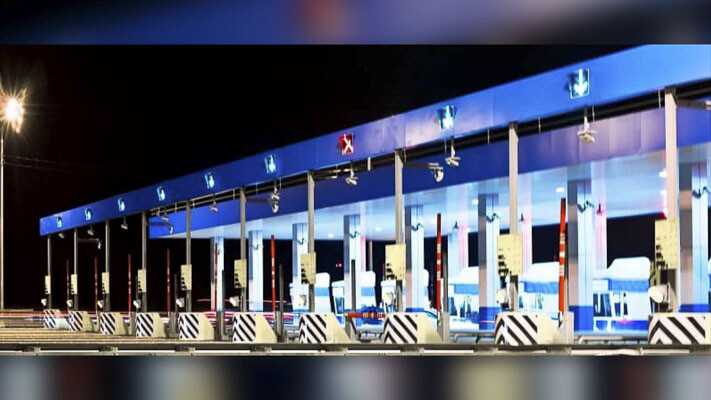
But, they don’t know where they’re going
Dr. Eric Fruits, Ph.D.
Cascade Policy Institute
“We got a full tank of gas, half a pack of cigarettes, it’s dark … and we’re wearing sunglasses.” That line is from the Blues Brothers movie, but it’s an apt description of the Oregon Department of Transportation’s process to impose tolls on I-5 and I-205 all the way from Wilsonville to the Columbia River.
ODOT is gassed up and ready to go with tolling, but they have no idea where they’re going or what they’ll do once they get there.
They don’t know if they want to reduce congestion or maximize revenues. That’s a big question that can have big effects on how much drivers will pay. In particular, it is well known and widely accepted that tolls designed to raise revenues tend to be higher — sometimes much higher — than the tolls needed to reduce congestion.
They don’t know what they’ll do with the money. But, we do know what they won’t do with the money. They won’t be expanding roadway capacity — they’ve made that very clear.
This week, the transportation agency is taking comments on its tolling plan. Cascade Policy Institute will be telling ODOT to halt its tolling plans, step back, and figure out the problem tolls are supposed to solve and whether tolling will actually solve them.
Congestion pricing can be an effective way to reduce traffic jams, while raising money to build new roads. But, a plan that doesn’t reduce congestion and doesn’t build new roads should be a no-go.
Eric Fruits, Ph.D. is vice president of research at Cascade Policy Institute, Oregon’s free market public policy research organization.
Also read:
- Opinion: Hiding the growing cost of the Interstate Bridge replacementJoe Cortright of the City Observatory addresses the rising cost of the Interstate 5 Bridge replacement project.
- 90 minutes of delay on Southbound I-5 in Southwest Washington on Friday afternoon, July 26Travelers using southbound Interstate 5 through Woodland should expect up to 90 minutes of delay during Friday afternoon and evening and should delay travel or prepare for additional travel time.
- Nighttime paving work on I-5 and SR 14 in Clark County July 28-Aug. 9Nighttime travelers in Clark County should expect delays for maintenance and paving work beginning Sunday, July 28 until the morning of Friday, Aug. 9.
- Northeast 182nd Avenue/Northeast Ward Road to be closed on Aug. 1Northeast 182nd Avenue and Northeast 172nd Avenue in Clark County will have single-day closures on August 1 and August 5 for road preservation, with detours in place.
- Interstate Bridge Replacement program awarded $1.499 billion FHWA Bridge Investment Program grantInterstate Bridge Replacement program officials have shared that the program received $1.499 billion through the Federal Highway Administration’s Bridge Investment Program.









